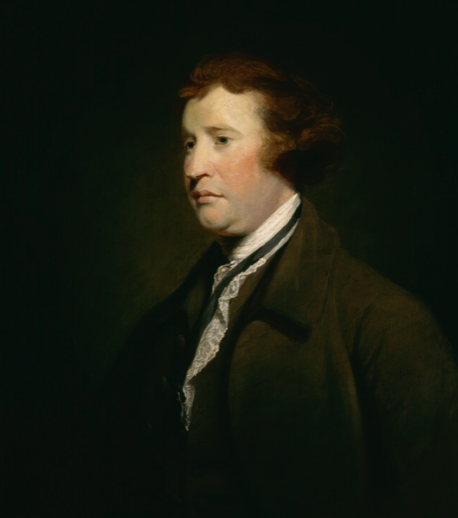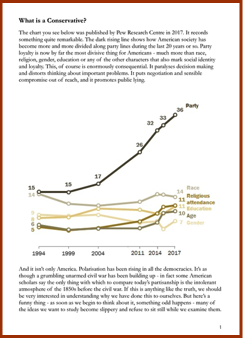
At the end of the 18th century, Edmund Burke gave us an account of what it means to be a conservative.
He was eloquent, persuasive, and careful, and his work has remained an illuminating guide ever since. But conservatism has turned out to be more complicated than he might have imagined.
Today, it includes people and positions that Burke would have excluded as reactionary; it has an uneasy relationship with totalitarianism, that twentieth century phenomenon that would have horrified him. And in our time, it has adopted a form of economic orthodoxy that makes it a potentially powerful anti-democratic force.
In this essay, I try to unravel just what we mean when we speak about conservatism, guided by the idea that something as enduring as this must have its roots in our human social nature.
What is conservatism?
CLICK TO OPEN

